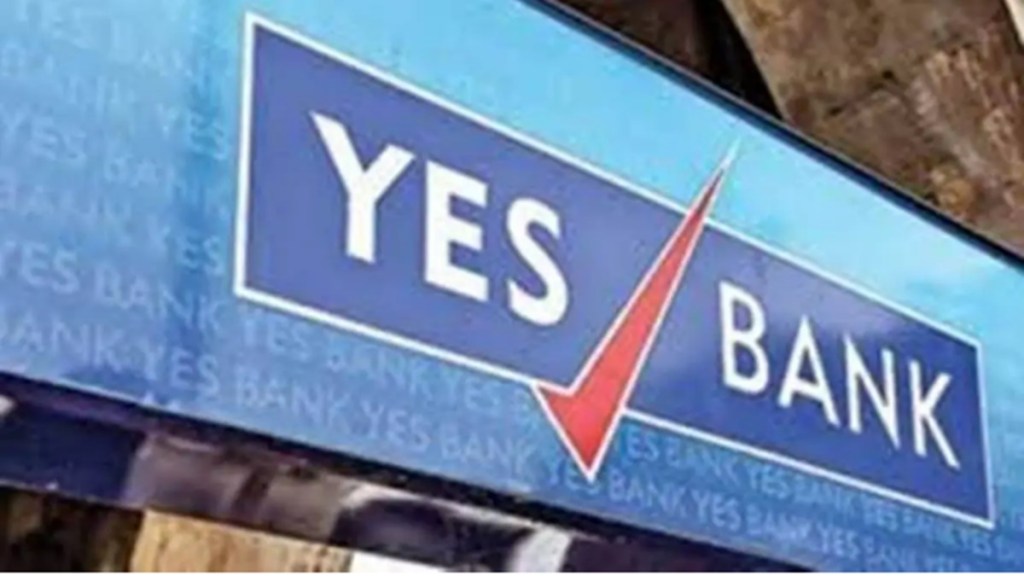By Siddhant Mishra
The Bombay High Court on Friday set aside the YES Bank administrator’s order to write down AT-1 bonds worth over Rs 8,400 crore, thus bringing relief to investors. This order was passed in a batch of petitions filed by bondholders, including financial institutions and retail individual investors.
The high court’s decision comes a day before YES Bank’s quarterly results announcement on Saturday.
“In a major relief to 63 moons and others, the Bombay High Court today set aside the order of Yes Bank administrator, which had written down AT1 bonds of more than Rs 8,300 crore overnight, leaving investors high and dry. This will benefit all bondholders, including 63 moons technologies, which held bonds worth Rs 300 crore,” said 63 moons in a press release. The company was represented by advocates Vikram Nankani, Rahul Sarda and Crawford Bayley, it added.
Also read: Indian Staffing Federation appeals to the govt to offer social security to MSME employees
Besides 63 moons, there are a large number of investors and even fund houses which had invested in these AT-1 bonds. On Thursday, it was reported that the Sebi is investigating investments made by Nippon India Mutual Fund into these bonds. The fund house was the largest holder of these bonds between 2016 and 2019.
“We were the first to file the writ in the High Court of Delhi, which got transferred to the Supreme Court… We are thankful to the judiciary for giving justice to bondholders. It will help in robust growth of the bond market, especially AT1 bond market, which is used by banks for their regulatory basel requirements. It will enhance the confidence of investor towards such instruments,” said Manick Wadhwa, director of strategy at SKI Capital Services.
Over 10 fund houses held almost Rs 3,000 crore of Yes Bank debt. These fund houses have side-pocketed the exposure after the administrator’s decision.
Fund houses take the side-pocketing route when their exposure to debt of some companies goes bad. That is, it separates that part of the portfolio from the entire scheme. Investors have the opportunity to exit the remaining portfolio without giving up their chance of debt recovery, which will accrue to the side-pocketed units. Retail investors were also mis-sold these bonds in large numbers. Earlier, fund houses had side-pocketed debt of Essel group companies.
YES Bank did not respond to a mail seeking comment at the time of going to press. There is no clarity whether the banking regulator, the Reserve Bank of India, or YES Bank will challenge the ruling.
Earlier, 63 moons had launched a lawsuit against the private sector lender as well as the Reserve Bank of India (RBI).
It had moved Madras High Court against the lender’s decision to write off the AT-1 bonds. The company had invested in 3,000 bond holdings of YES Bank’s written-down AT-1 bonds, and had been holding these papers since March 2018.
63 moons’ petition against the lender, the RBI, and the administrator appointed by the RBI claimed that its Rs 300-crore investment in the AT-1 debenture bonds had been completely misused by the promise of good returns.
63 moons petition argued that a write-off of bondholders’ claim — under Basel-III norms as well as international best practices — can only take place when the equity capital has virtually lost all value and must be written off.


